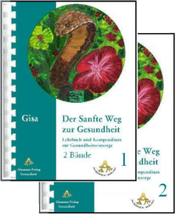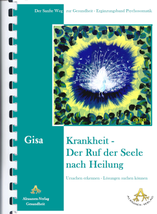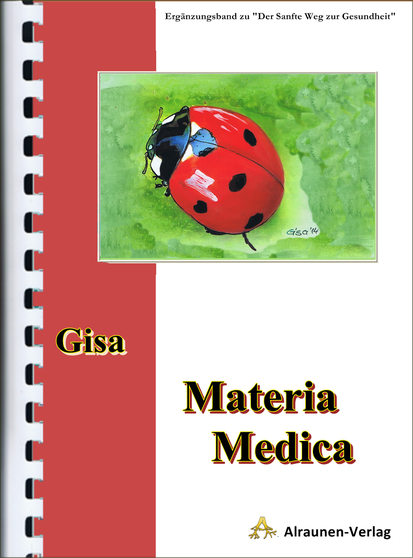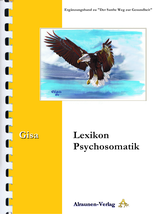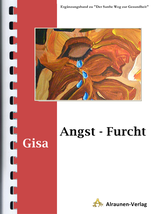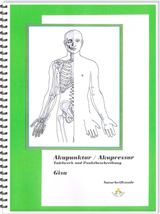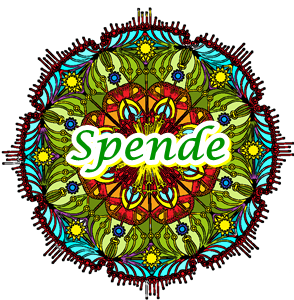Botanical name: Malus pumila Miller
Family Rosaceae
Synonyms:
- Latin: Malus pumila var. paradisiaca (L.) C.K. Schneider;
- English: Crab apple, Common apple;
- Spanish: Manzano comun;
- French: Pommier commun;
- German: Apfelbaum.
Mind / Emotions
In the Crab Apple state, the mind is overly concentrating on one aspect of the self considered unclean, shameful, bothering, and burdensome. Other aspects of the self, such as positive character traits, are not equally important or regarded. The one displeasing state assumes inappropriate dimensions, and one loses perspective of what is most important in life or about oneself. This attitude is enhanced by underlying feelings of helplessness one feels in regard to the problem. One feels unable to shake off or overcome the disturbing condition, and feelings of despair may develop. In some cases, the shameful aspect experienced or engaged in is fostered by addictive perpetuation and hidden from others so that a personal prison of shame and self-disgust develops. In other cases, the Crab Apple state is marked by obsessive preoccupation with beauty flaws or states of sickness considered unclean and unbecoming. Here the problem may be openly shared with others. In yet another situation, contamination is feared through a source outside of the self, such as by germs or unclean surroundings, and a strong reaction of dislike or disgust may be aroused in some people. This strong stance reflects their inner sensitivity in regard to personal hidden shame, or it reflects fear of and possibly temptation to uncleanness in thought or action which has not been dealt with properly. In cases of abuse or molestation, a Crab Apple state may come about in the victim who feels soiled or abased, even though there is no personal guilt or wrong. The indication for this remedy is the perception that something unclean or base has touched the self, either from within the personality sphere or from without, and one wishes to be cleansed of it In treatment of obsessive-compulsive behavior with personally shameful content, this remedy brings release (cf. Cherry Plum, Pine) In body dysmorphic disorder, which entails obsessive, exaggerated preoccupation with imagined or hardly noticeable physical defects, Crab Apple is the indicated remedy. Feelings of uncleanness and shame may weigh heavily upon the heart and stifle personal enjoyment of life. True despair and despondency may develop, as one feels unable to free or cleanse oneself. This holds true especially when repeatedly engaging in sinful or shameful behavior and regretting it later on. Another emotion of intensity is the obsessive or hysterical undertone that can develop while being in the Crab Apple state. Minor problems assume disproportionate importance, and, since there is usually no ready cure, obsessive despair may escalate. The Crab Apple view is too self-centered, one’s own self is overly dealt with and the view lost to others and their special needs or place in life Oftentimes, it is shame about one’s appearance or inner guilt and uncleanness which prevent one from enjoying direct eye contact, and much opportunity for personal enrichment through careful tuning into others and concentrating away from oneself is lost. Some people feel an intense craving or desire to be cleansed and purified from within. This may be part of a moral or spiritual awakening, or it may be a purist’s attitude of striving for perfection and ultimate health in body and consciousness. Crab Apple would help in both cases.
- MIND – CONSCIENTIOUS about trifles
- MIND – AWKWARD
- MIND – CENSORIOUS
- MIND – INSECURITY; mental
Physical
Any diseases that are accompanied by a sense of being contaminated or polluted, by a desire to be cleansed of the adverse, intruding agents. Feelings of disgust or repulsions, accompanied by nausea, vomiting, or diarrhea; visceral response. Intense aversions to certain foods or to eating in general, as in anorexia nervosa. Chronic exposure to toxic substances, when a cleansing on the cellular level is asked for. Aids in the treatment of skin allergies and skin diseases. Wounds that have become contaminated (rinse with water that has been added Crab Apple). Unwholesome secretions and body odor. Polluted, unwholesome bowel climate. Aids in drainage therapy, lymph therapy, and detoxification. Sleep disturbances from excessive preoccupation.
- Any physical illness based on conversion disorder (or hysterical neurosis, conversion type)
- Skin allergies , Skin disease (pruritus – compulsive patients)
- Skin diseases (atopic dermatitis – infantile eczema, pruritus, psoriasis)
- Eating disorders (anorexia nervosa and bulimia) .
- Skin diseases (urticaria and atopic dermatitis – adolescence and adulthood)
- Nervous breathing syndrome – ‘respiratory corset’
- Insomnia – initial and intermittent
Compare
Pine: Self-blame and regret; feels unworthy and burdened with guilt; obsessive-compulsive, ritualistic measures; fixated thoughts; fear of contamination; conscientiousness.
Larch: Low sense of self-worth; feels inferior in comparison with others; subdued, depressive.
White Chestnut: Fixated, overly invading thoughts; thoughts do not release; obsessive-compulsive measures; sleeplessness from excessive thought activity.
Cherry Plum: Thoughts or deeds of bizarre, shocking, or embarrassing content cause shame and self-disgust; obsessive-compulsive, ritualistic measures.
Cerato: Uncertainty of personality, easily feels ashamed or insecure in front of others; strange, uncertain, hesitant thoughts, may be in area of sexuality, causing shame and confusion.
Sweet Chestnut: Compulsive ritualism from despair of salvation and to escape the torture of seeing no meaning or purpose in life.
Homoeopathic Medicine and Crab Apple
Arsenicum album: Fear of contamination; aggravation from disorder and confusion, with exaggerated cleanliness; easily aroused remorse and shame;
desire for health, for purging of harmful and toxic content in mind and body; dysentery from food poisoning or microbial contamination; eating disorders
(anorexia nervosa); nervous breathing syndrome; irritable bowel syndrome; eczema.
Syphilinum: Fear of contamination, of diseases, aversion to dirt; constant compulsive hand washing and general checking on correctness of things (compulsive disorder); inner shame and guilt at deterioration in the personality; alcoholism; the physical system erodes as well, particularly the bones; skin eruptions.
Mercurius (solubilis): Feels a general disgust in regard to own life; perverted sexual instincts and strong impulses to inflict injury on offending persons; these inclinations are hidden, a proper attitude is demonstrated toward the world; compulsive behavior and thinking; fear of disease; unhealthy, odorous secretions; offensive skin eruptions.
Pulsatilla nigricans: Gentle and yielding, yet may be exploited by others; resulting disgust and repulsion, with urge to vomit and visceral pain; feelings of remorse and shame; hysterical neurosis; eating disorders; strong aversion to fat and pork; eczema.
Sulphur: Visceral response of disgust to objects or people, with nausea in regard to own body odors; fastidious and compulsive; fear of diseases; averse to bathing, yet may feel hidden shame at being unclean; eating disorders; skin eruptions.
Baryta carbonica: Abnormal preoccupation with appearance; shame and insecurity in regard to flaws; secretiveness and shame in regard to fears of rejection by peers; (phobic reactions); hidden feelings of inferiority; shame in regard to sexual dysfunction; obesity; skin eruptions.
Thuja occidentalis: Feels unclean and unworthy, is secretive, wishes that others do not find out; preoccupation with personal flaws, wants to be acceptable to others; fixation of ideas and disproportionate emphasis on minor problems; eating disorders (bulimia); skin eruptions; warts, with shame about them; general overgrowth of cells and mucosal overproduction; offensive perspiration.
RICHARDSON-BOEDLER C., The Psychological / Constitutional Essences of the Bach Flowers Remedies
SCHROYENS F., Synthesis
MURPHY R., Homeopathic Remedy Guide
VARMA P. N. and INDU V., Encyclopaedia of Homoeopathic Pharmacopoeia
